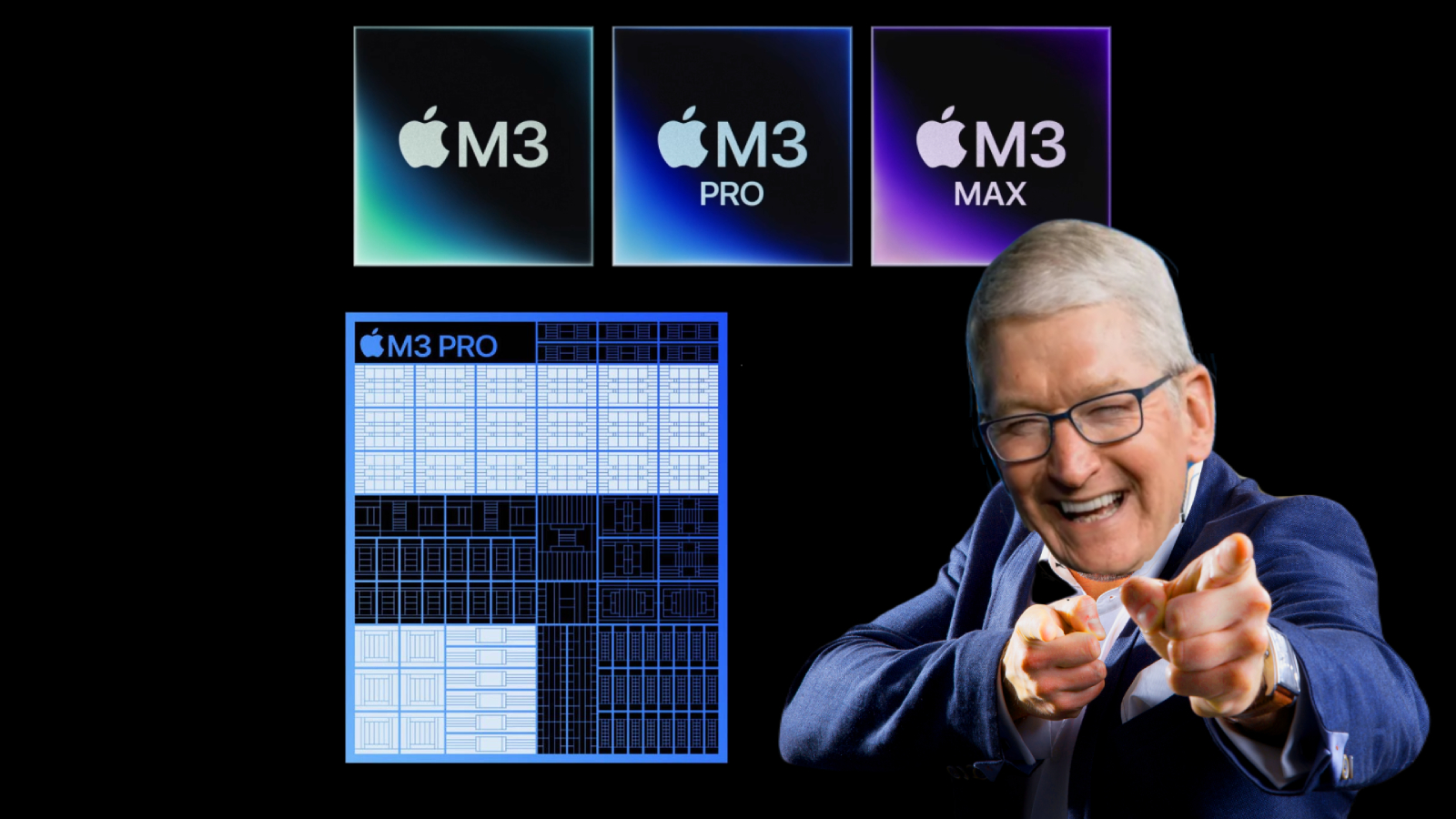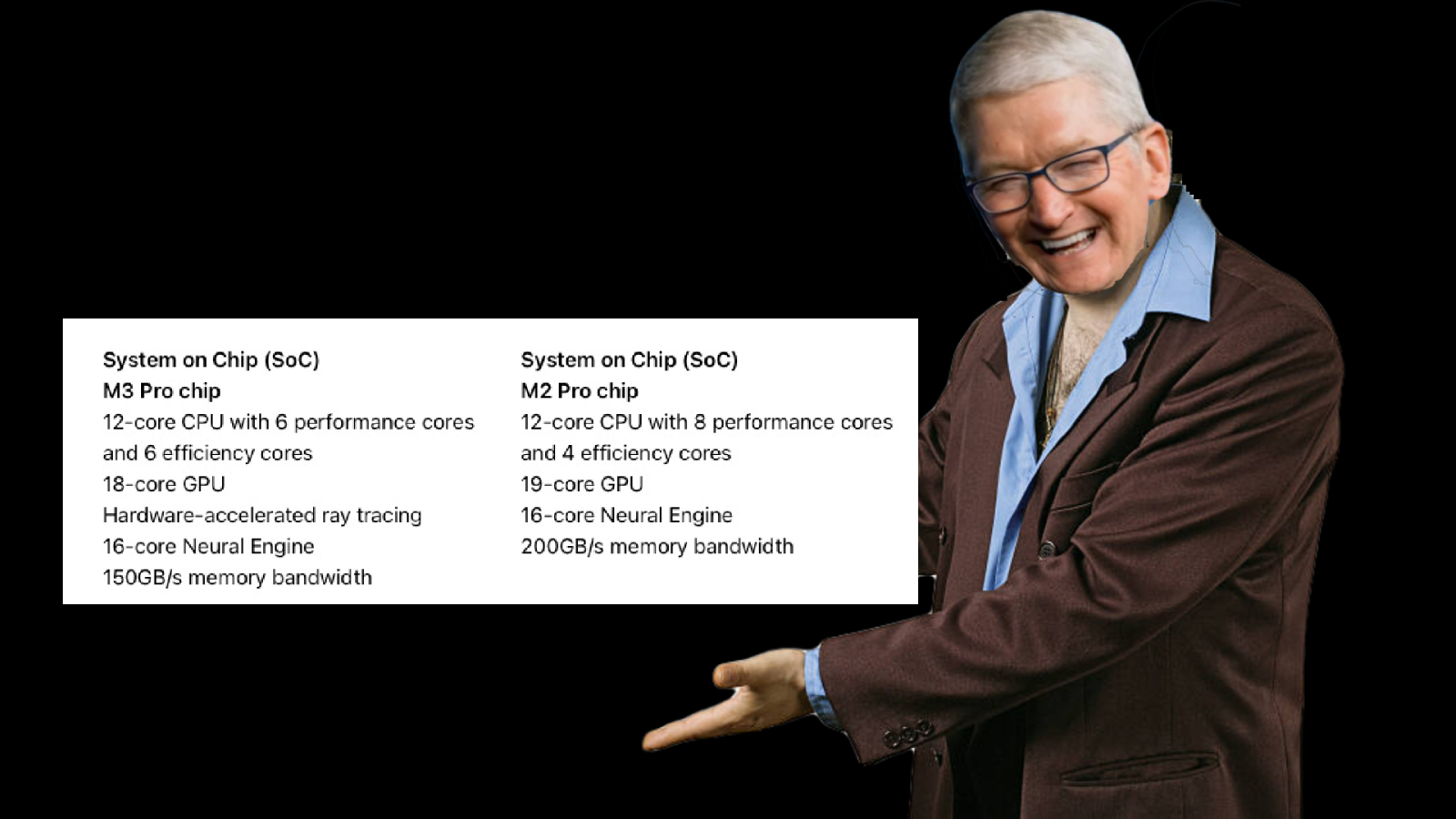
As I mentioned in my recent Which M3 MacBook is best for You article, it's a little odd that Apple has chosen to focus its comparisons on the nearly five-year-old Intel MacBooks and the M1 Macbooks. However, the Wonka Factory of Cupertino's logic is that many of those users have not yet upgraded; and it's about time they do so.
It makes sense that you should get 4-5 years of premium performance from a laptop investment. After that it's probably time to invest in another system. That said, it doesn't excuse Apple from not publicly providing benchmark comparisons versus the M2-powered MacBooks to fully inform its users which laptop may make the most sense for them to purchase.
This especially holds for those who do not have the purchasing power of a massive corporation behind them. Also, when digging more deeply, as information slowly arrives regarding benchmark scores, it may turn out to be a wiser financial decision to purchase an M2 series MacBook after all.
Fewer cores, and thermal concerns

As you can see in the image above, you're losing two performance cores and 1 GPU core. And while the M2 came with 200GB of memory bandwidth, the M3 pushes 150GB of bandwidth. Although there is a supposed 10% performance boost generation to generation between the two thanks to TSMC's 3-nanometer process, this is the kind of incremental boost that informed users would consider negligible, and most won't notice.
The 25% lower memory bandwidth is a bit shocking and something we will keep an eye on during testing. The M2 Pro features eight performance and four efficiency cores. The M3 Pro has fewer performance cores, sporting six along with six for efficiency. This actually may work just fine since we are gaining two efficiency cores, and this could mean that the M3 performance cores are just that much better than the M2's.
Apple could have made some tough choices and decided that memory bandwidth could be sacrificed if it helped produce better battery life. Also, performance cores could have been dropped to improve cooling. The 3nm chipset-powered iPhone 15, has been dealing with cooling issues, and the solution has been to dial back the performance. But nobody really wants to dial back performance. However, we won't know for sure until our lab is done testing, but at this moment, it feels like some sleight of hand is taking place.
I do not doubt that, overall, the M3-series MacBooks will be excellent. My concerns are for my readers, who may fall for the Apple hype and run out and spend gobs of hard-earned money on an M3 when they can get near the same, and possibly better performance per dollar, by purchasing an M2 MacBook Pro.
There are just several red flags that could end up being a buyer beware. We won't know for sure until our benchmarks are completed. Till then, just in case, I would keep an eye on our best early Black Friday deals on MacBooks, as we should see some vast discounts on M2-powered Macbooks.







